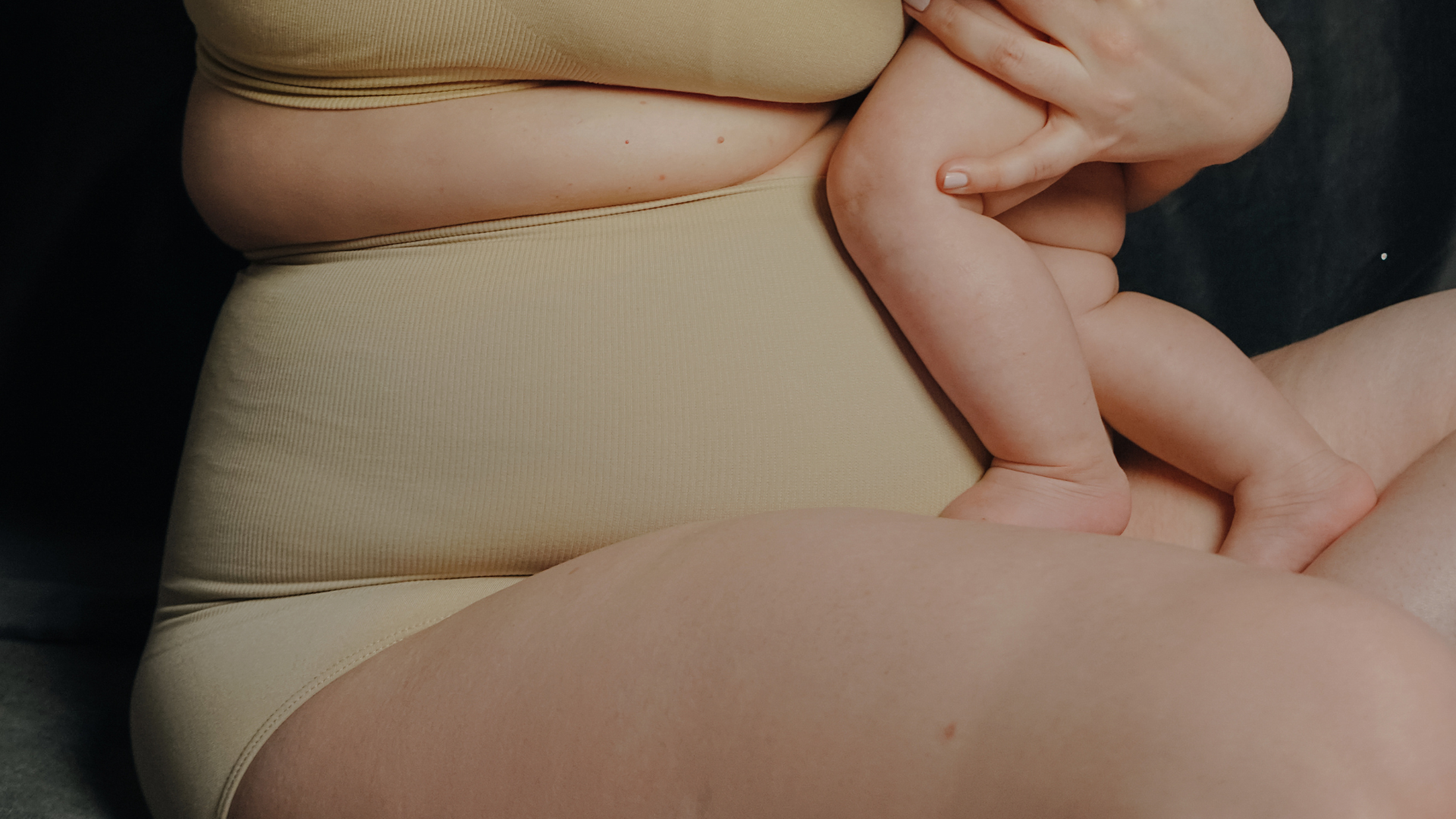Why Understanding Matrescence Helps Your Parenting
Up until recently, people did not even know the word matrescence existed. And if you still don’t know what it is, that’s ok, you’re here now.
Matrescence is essentially all of your lived experience since becoming a mother. It’s all the shifts, changes and challenges you’ve been going through since finding out you’re pregnant.
Knowing that matrescence exists and not only that it exists, but how impactful it is, can improve your wellbeing as a mother, the dynamics of your relationships and it can help you get closer to parenting authentically, in a way that aligns with your values.
Now, if you’re new to matrescence, I recommend reading my article Matrescence 101.
Matrescence is a studied (granted, not enough, but getting there) developmental process that any mother goes through and it’s one that affects all areas of her life. It takes her from being a woman to being a woman and a mother.
As any process that involves the development of an individual, it starts physically and then goes deeper and wider into all layers that constitute your being. So, you’re experiencing a rearranging of areas of your life: physical, psychological, social, cultural, spiritual, career.
The changes you experience as a mother aren’t arranged in a chronological order and don’t respect a strict and one-size-fits-all pattern and most importantly are felt differently by all mothers.
Even though the experience of becoming and being a mother is universal, it is at the same time a very unique personal process.
So, if a mother might feel deeply challenged by the changes in her body and she might struggle with adjusting to the new way she looks and to her perceived body image, another mom might have a new sense of appreciation for her body and experience a total awe thinking about how amazing her body is for having carried and birthed a baby.
A mother might find adjusting to the new rhythms of life, the routines, the lack of previous social life really triggering and hard to take, while another mother might struggle to reconnect to her partner and to recover their intimacy.
Photo by Tetiana Nekrasova
Knowing that all these changes are normal and can show up in matrescence, giving them a name and observing them in a framework that allows you to put your experience into words, helps you give meaning to them.
Knowing of matrescence and of its ebbs and flows and knowing it’s a process that takes time & experienced by all mothers, helps you feel less alone and magically connected to mothers all over the world.
Finding meaning in what we live is what connects us to our lived life, to ourselves and gives us the tools and drive to live it to the full.
While you’re going through such an intense transition, where all parts of you are left exposed, you’re also learning to care for a new human being and that is in itself the highest test for anybody’s endurance, resilience, patience, commitment, you name it.
You need support, you need others to know about what you’re going through. You need your partner to become aware of the massive shift you’re in and in which, in a certain degree, they’re also in.
Photo by Alena Shekhovtsova
Bringing matrescence into your relationships, by actually discussing it and putting it on the table, can change the way your family, partner, your close ones perceive and understand you.
This can lead to more empathy, more genuine support and compassion from their part and from yours also. Yes, the same we show a teenager who goes through the ordeal of adolescence, another massive developmental process that has become well known and supported in society nowadays.
A major part of matrescence is the birth of a new you.
Yes, I bet nobody told you when you had your routine check ups in pregnancy or when you walked the maternity doors: Hey, you’re about to birth not just a baby, but also a new you. That takes time and you’re allowed to find it hard. You need all the support you can get.
That would’ve been amazing and if you’ve had it, I’m so happy for you!
The birth of a new you is in itself such an amazing, challenging, scary, empowering process and it shakes you up, it holds a mirror at you and asks you to answer some complex questions: Who am I? What am I doing here? Where am I headed? What is important to me?
Acknowledging this process of growing a new you is huge. It allows you to hold yourself with compassion, to quiet that inner critic and to tone down the guilt that haunts parents and keeps them up at night.
By connecting to yourself and allowing yourself to go through matrescence at your own pace, you’re also able to be present for your child in a true, authentic way. It allows you to shake off shoulds and patterns that keep you tied up in shame and guilt.
If you’re constantly looking for advice elsewhere, feeling like you’re not enough, if you’re constantly feeling guilty or ashamed of how you perceive motherhood and how your mother, beating yourself up for not doing it all, for resting, if you’re always comparing yourself to other mothers and come out lacking, these might be signs that you’re not fully aware of what you’re going through and how it impacts you, that you’re not supported enough.
Living in a social construct of motherhood- that makes you measure yourself up to an ideal and false image of what a mother should be- only takes you further away from yourself and from your values. And guess what, that impacts how you parent. You start parenting from fear, from guilt and a not enoughness that leaves you numb.
Being supported and held with care and compassion in the biggest transition of your life impacts how you can show up for your child.
No, it does not mean you’ll be perfect, that you’ll tick all the boxes of the perfect parent (who isn’t real by the way), it means you’ll be aware of how you want to parent, true to what feels right for you and dedicated to making that happen, as best as you can.
Matrescence is big, it changes you and it offers an opportunity to look at yourself, hold yourself with compassion and flow with its rhythms, adjusting, rearranging, growing and letting go.
✨
holding space for you mama,
Simona



